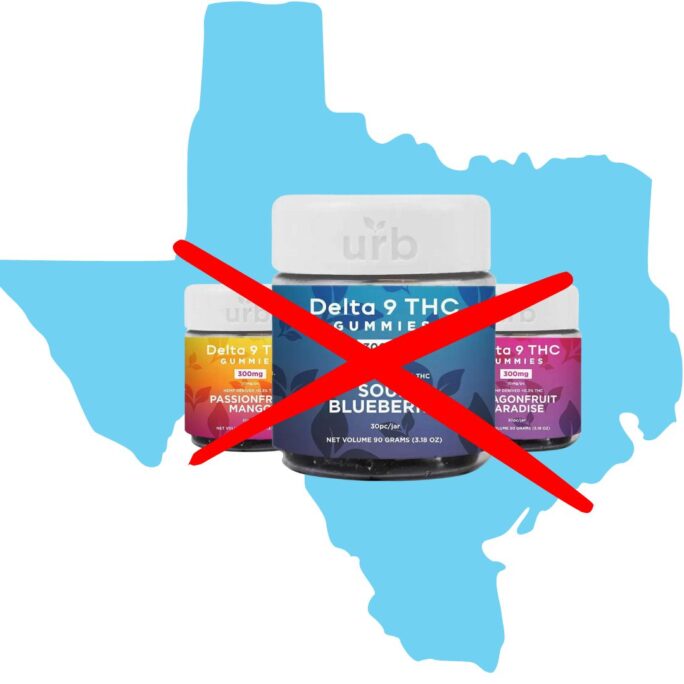
In a surprising turn, the form of cannabis Trump endorsed for Medicare coverage is hemp‑derived CBD. He announced this via a video on the President’s Truth Social account.
That’s right, a compound long associated with wellness, sleep, inflammation, and stress relief is now being elevated to a national health policy debate. As someone nearing Medicare eligibility, this shift feels especially powerful.
Naturally Mignon doesn’t get involved in partisan politics. It’s not our place. But the cannabis industry is often effected by state and federal legislation that impacts our customers.
President Trump’s move to endorse Medicare coverage of hemp derived CBD is more than media drama. It signals a possible paradigm shift in how we legitimize and integrate plant based wellness into formal healthcare.
For advocates, seniors, wellness-focused businesses, and holistic consumers alike, this is a moment to watch closely and to be ready to help shape the narrative as policy, science, and public opinion evolve.
Why This Moment Matters
- High-level endorsement brings legitimacy: Trump’s video, produced by The Commonwealth Project and supported by CBD investor Howard Kessler, frames CBD as a “game changer” for senior health, claiming it could ease chronic pain, restore the endocannabinoid system, boost sleep, and reduce stress.
- Potential shift in perception and access: Though CBD has grown in wellness markets for years, its integration into mainstream medical systems (like Medicare) has remained off limits.
- This endorsement could tilt that balance: Counterweight to tightening regulations. As some lawmakers push to restrict CBD formulations or tighten labeling, Trump’s support may equip industry advocates with political momentum.
What Medicare & Law Say Now
- No coverage today. Medicare does not currently cover CBD oil or CBD-based treatments, because they lack FDA approval for most uses.
- Federal legal constraints. Marijuana (including THC) remains a Schedule I controlled substance, making insurance coverage and prescription approval for most cannabis derived compounds legally complex.
- Only one FDA‑approved CBD drug. To date, only Epidiolex has been cleared by the FDA (for rare forms of epilepsy) meaning most commercial CBD products are still classified as supplements or unregulated wellness products. (PMC)
- Because of these constraints, integrating CBD into Medicare would require legislative, regulatory, and scientific groundwork.
What Trump’s Endorsement Could Unlock
- Policy momentum. A presidential level statement can rally Congress and agencies (like CMS, HHS, FDA) to explore pilot programs, reclassification, or coverage pathways.
- Research demand & standardization. If Medicare begins considering CBD coverage, the need for rigorous clinical data, standard dosing, purity standards, and safety protocols becomes urgent.
- Market reaction. The announcement already triggered a surge in cannabis stock valuations.
- Legislative bridge to reclassification. The move may dovetail with efforts to reclassify cannabis (e.g. from Schedule I to III), which would ease regulatory burdens and open doors for legal medical use. (Reuters)
Risks, Skepticism & Roadblocks
- Evidence gap. Many health claims associated with CBD — for pain, sleep, inflammation — remain underresearched or inconclusive, especially in older adults with complex medical profiles.
- Drug interactions & safety. Seniors often take multiple medications, raising risks for interactions or adverse effects with CBD.
- Quality inconsistency. Because most CBD products are unregulated, labeling misclaims, contamination, and potency variability are real risks.
- Political & regulatory inertia. Even with presidential backing, achieving legislative or regulatory change is a slow, contentious process.
What This Means for You
If Medicare did cover CBD, access becomes more equitable, not just for those who can afford premium wellness products.
Integrative care models may adopt CBD as part of broader holistic protocols, blending lifestyle, nutrition, and alternative modalities.
Wellness brands and practitioners will need to elevate compliance, research credentials, and transparency, only high quality, evidence-backed products will thrive.
A shift like this could legitimize natural healing modalities more broadly, opening doors for other plant based therapies in mainstream health systems.
What to Watch For
- Legislative movements. Watch for bills introduced in Congress to mandate or pilot CBD coverage under Medicare/Medicaid.
- DEA / FDA reclassification. Any change in classification of cannabis or CBD could shift regulatory authority and prescription pathways.
- Pilot or demonstration programs. CMS or states may test CBD integration with senior health plans.
- Published clinical trials. New research targeting older adults will be especially influential.
- Industry consolidation & partnerships. Expect more alliances between wellness brands, pharmaceutical firms, insurers, and policymakers.







